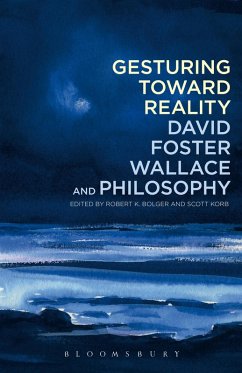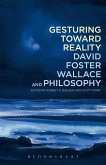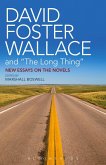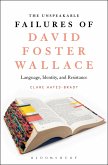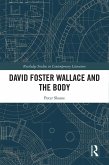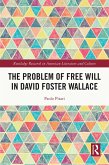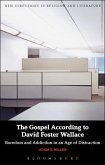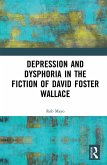Asked in 2006 about the philosophical nature of his fiction, the late American writer David Foster Wallace replied, "If some people read my fiction and see it as fundamentally about philosophical ideas, what it probably means is that these are pieces where the characters are not as alive and interesting as I meant them to be."
Gesturing Toward Reality looks into this quality of Wallace's work-when the writer dons the philosopher's cap-and sees something else. With essays offering a careful perusal of Wallace's extensive and heavily annotated self-help library, re-considerations of Wittgenstein's influence on his fiction, and serious explorations into the moral and spiritual landscape where Wallace lived and wrote, this collection offers a perspective on Wallace that even he was not always ready to see. Since so much has been said in specifically literary circles about Wallace's philosophical acumen, it seems natural to have those with an interest in both philosophy and Wallace's writing address how these two areas come together.
Gesturing Toward Reality looks into this quality of Wallace's work-when the writer dons the philosopher's cap-and sees something else. With essays offering a careful perusal of Wallace's extensive and heavily annotated self-help library, re-considerations of Wittgenstein's influence on his fiction, and serious explorations into the moral and spiritual landscape where Wallace lived and wrote, this collection offers a perspective on Wallace that even he was not always ready to see. Since so much has been said in specifically literary circles about Wallace's philosophical acumen, it seems natural to have those with an interest in both philosophy and Wallace's writing address how these two areas come together.

